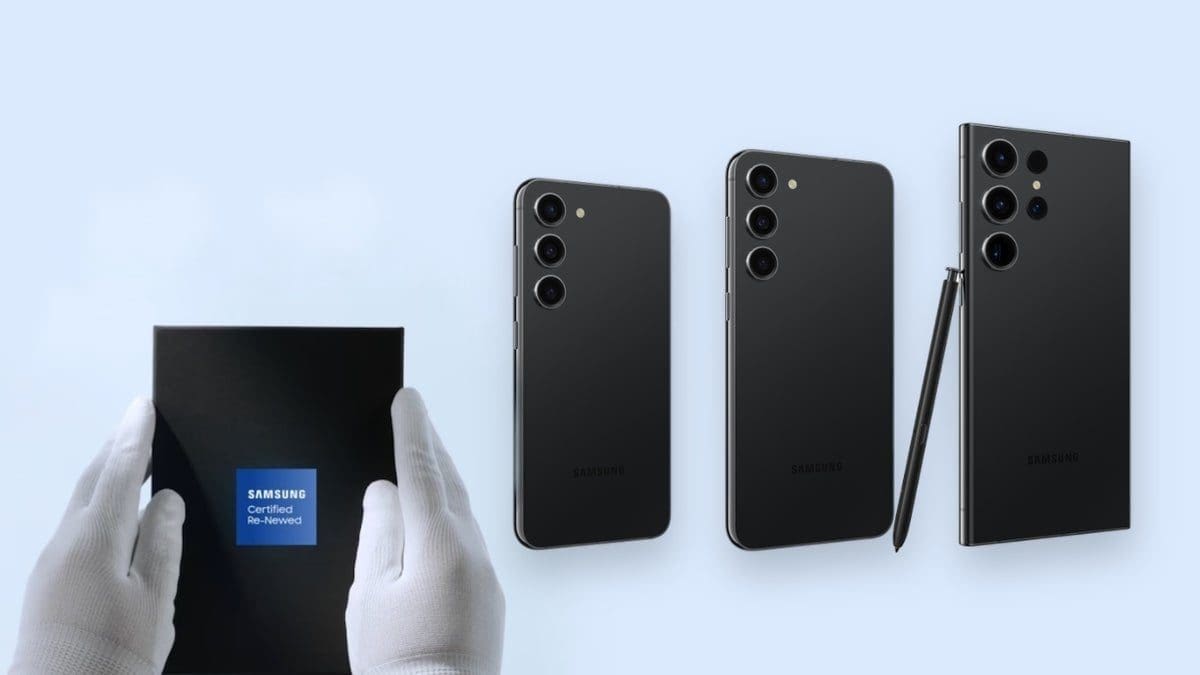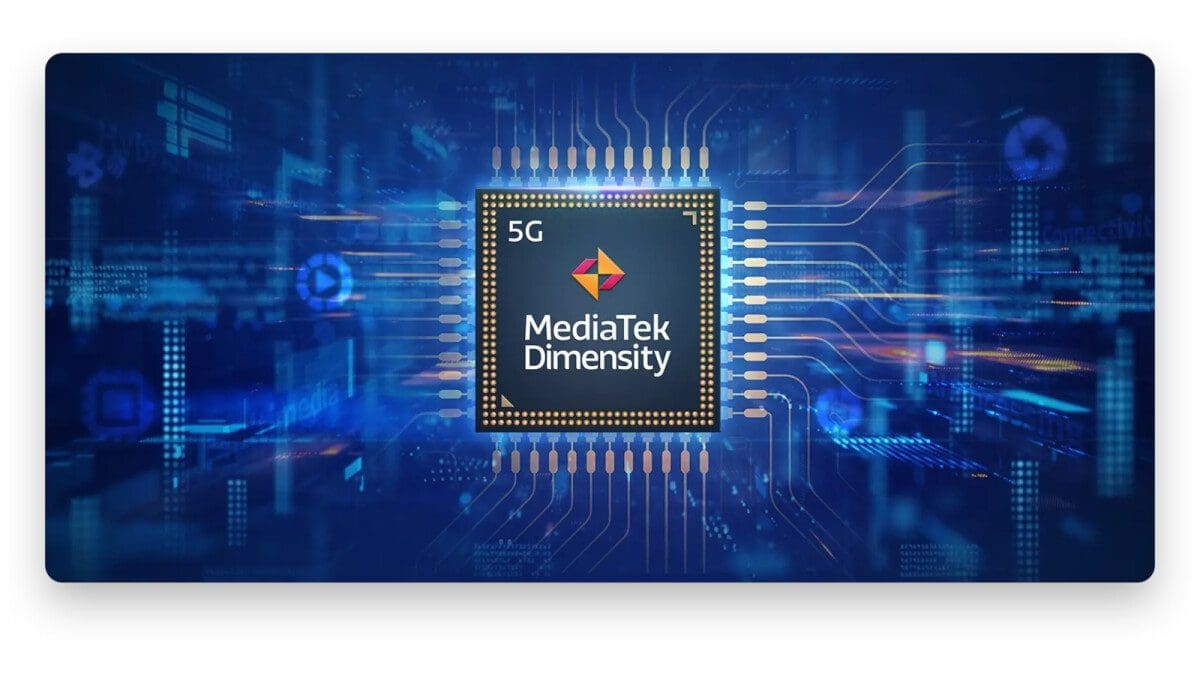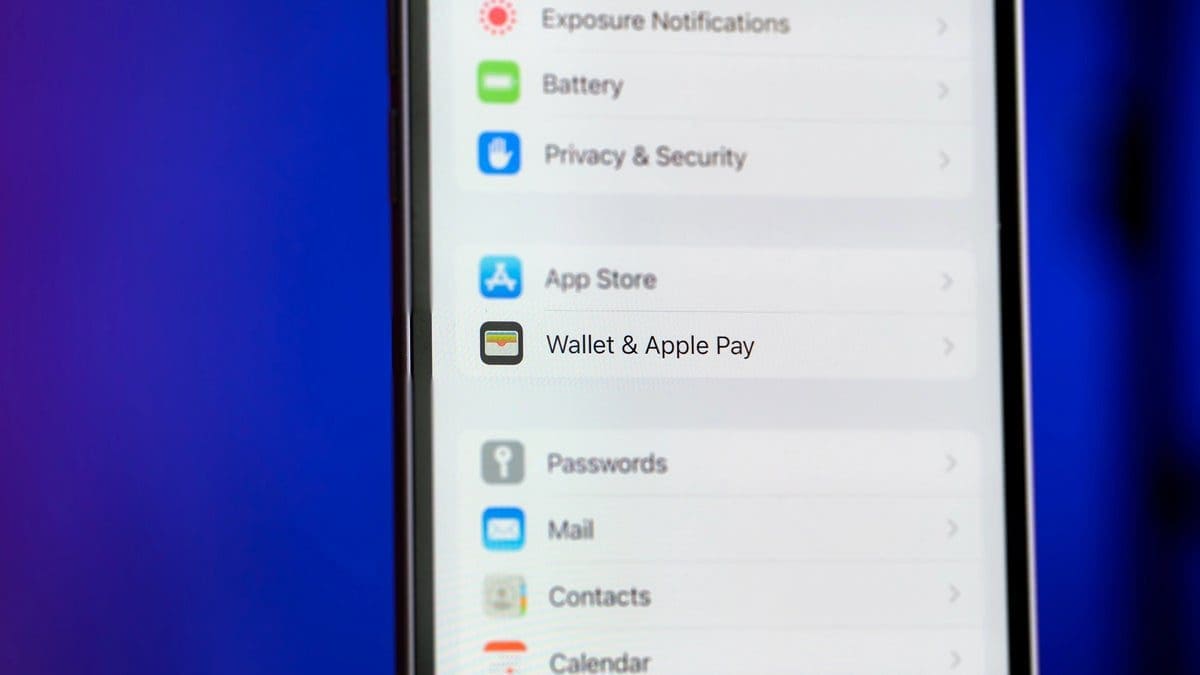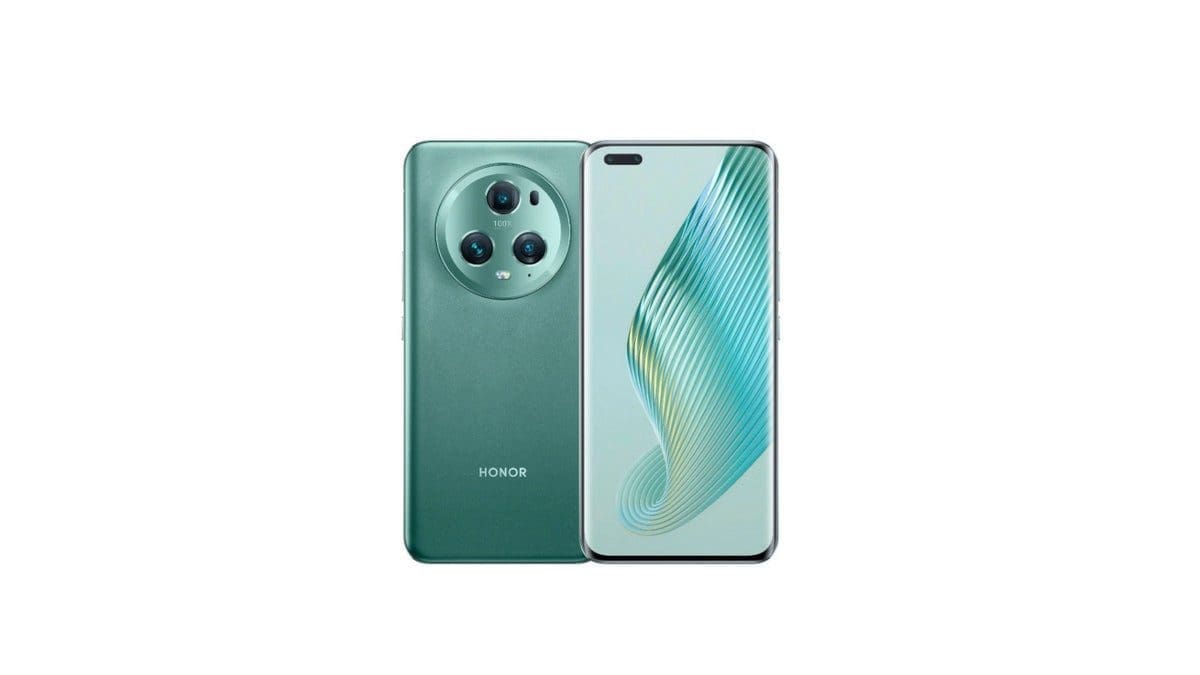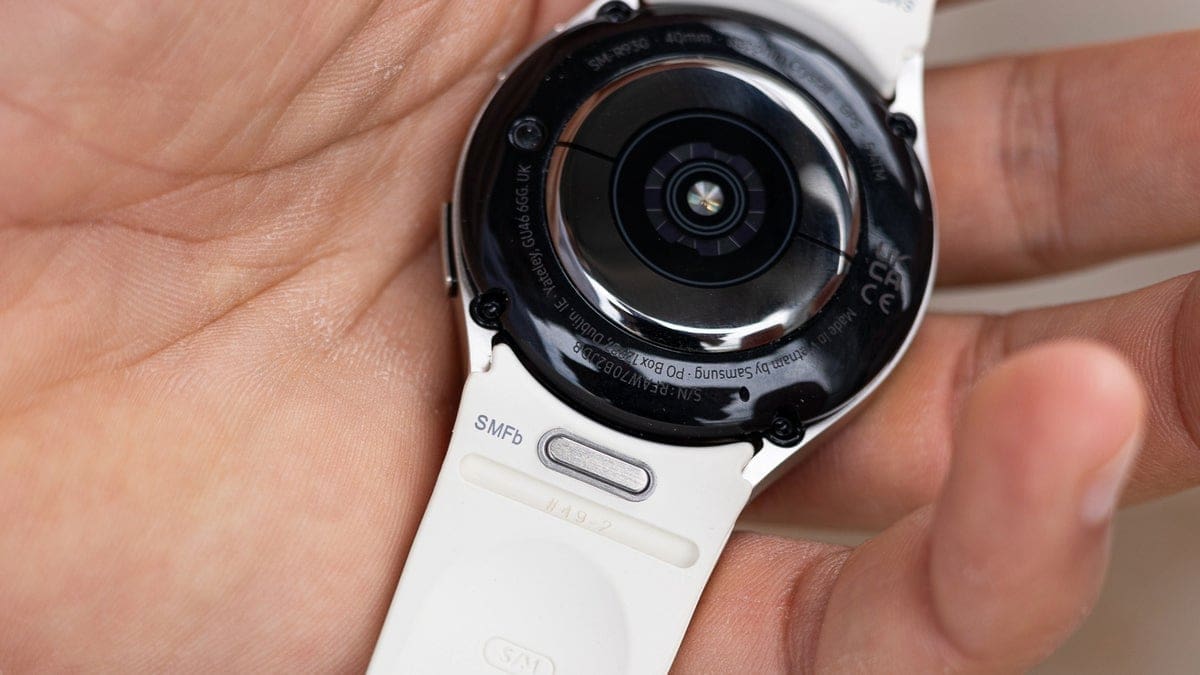Long before the world became obsessed with ChatGPT, Bard, and Midjourney, Google was quietly making strides in the AI field. In 2021, they introduced the Pixel 6 and the Tensor G1 chipset, which has been powering Google’s phones ever since (currently, they’re using Tensor G3 in the Pixel 8 line). While the Tensor chips may not be known for their raw power, they excel in AI and machine learning.
Now, let’s talk about Samsung and their upcoming flagship line, the Galaxy S24. As the launch date approaches, expectations are high for the Galaxy S24 Ultra to deliver the latest and greatest features. In today’s tech landscape, AI capabilities have become a crucial part of the hardware package. Samsung needs to pull off some AI magic in order to stay on top, and this applies to Apple and other brands as well.
I firmly believe that phone manufacturers will continue to invest in machine learning and AI in the coming years. We all want a touch of magic in our devices, and Arthur C. Clarke’s words ring true.
Now, let’s dive into the chips that power these smartphones. Samsung is unlikely to follow the same approach as the Galaxy S23 when it comes to chips. This year, all the flagships are powered by the Snapdragon 8 Gen 2 chipset. However, rumors suggest that Samsung will return to its previous strategy of using different chips for different markets with the Galaxy S24. US users can expect the Snapdragon 8 Gen 3 chip, while those in Europe or Korea will receive the Exynos 2400. It’s worth mentioning that the Galaxy S24 Ultra will be Snapdragon-exclusive, regardless of the country. Both the Snapdragon and Exynos chips share a common focus on AI. Samsung has explicitly stated that the Exynos 2400 offers improved CPU performance and AI performance compared to its predecessor, the Exynos 2200. On the other hand, Qualcomm introduced the Snapdragon 8 Gen 3 as Snapdragon 8 Gen AI, highlighting the chip’s AI capabilities.
Let’s circle back to Google’s Tensor line and its current G3 iteration. You may already know that the Pixel 8 and Pixel 8 Pro offload some AI tasks to Google servers to deliver their AI features. However, it’s unclear if Samsung will adopt the same approach with the Galaxy S24. Insiders suggest that the Snapdragon 8 Gen 3 chip will provide a more robust on-device AI experience.
This could be a significant advantage for Samsung. There are several reasons why:
1. Faster overall workflow process
2. Enhanced privacy
3. No constant need for an internet connection
The battle between Samsung and Apple is an annual spectacle, but now Samsung seems to be setting its sights on competing with the Pixel 8 Pro for the title of the smartest AI phone. Reports suggest that the Galaxy S24 will feature ChatGPT and Google Bard-inspired capabilities, particularly in text-to-image functions.
But there’s more. Samsung teased an AI-powered feature for the Galaxy S24 Ultra in a promotional video. One of the camera features showcased is ISOCELL Zoom Anyplace, which makes use of proprietary AI tracking and Qualcomm’s AI engine on the Snapdragon 8 Gen 3. This feature allows users to simultaneously capture zoomed-in and zoomed-out perspectives using automatic zoom and subject tracking. It results in two 4K video views from a single camera at 2x and 4x zoom lengths.
While the competition between tech giants can sometimes lead to accusations of copying, it’s important for us as consumers to focus on the features and let the courts handle any legal disputes. What matters is that exclusive features are no longer exclusive. Take Samsung’s One UI 6, for example, which brings AI-oriented enhancements to the image editor Enhance-X. Samsung is expected to innovate quickly to keep up with the Pixel phones.
However, there’s one area where Samsung needs to refine its approach – the Call Screen feature. This is an area where Google excels. Nowadays, many people avoid answering calls from unknown numbers due to telemarketers, phone scammers, and bots. The Pixel’s Call Screen feature allows the Google Assistant to answer the call and determine its urgency. Having a refined Call Screen feature is a relief for users. Samsung already has the Bixby assistant with its own call-screening feature, but it uses Samsung’s text-to-speech capabilities, which are not as advanced as Google’s. Bixby needs further refinement to catch up with the Call Screen feature on Pixel devices.
In conclusion, if a flagship like the Pixel 8 can offer AI features at an affordable price and deliver a reliable Call Screening feature, then there’s no reason why a high-end flagship like the Galaxy S24 Ultra shouldn’t do the same. The Galaxy S24 will set the standard for devices in 2024, so Samsung must embrace artificial intelligence to stay ahead of the pack. Be smart, Samsung. Be artificially intelligent.


